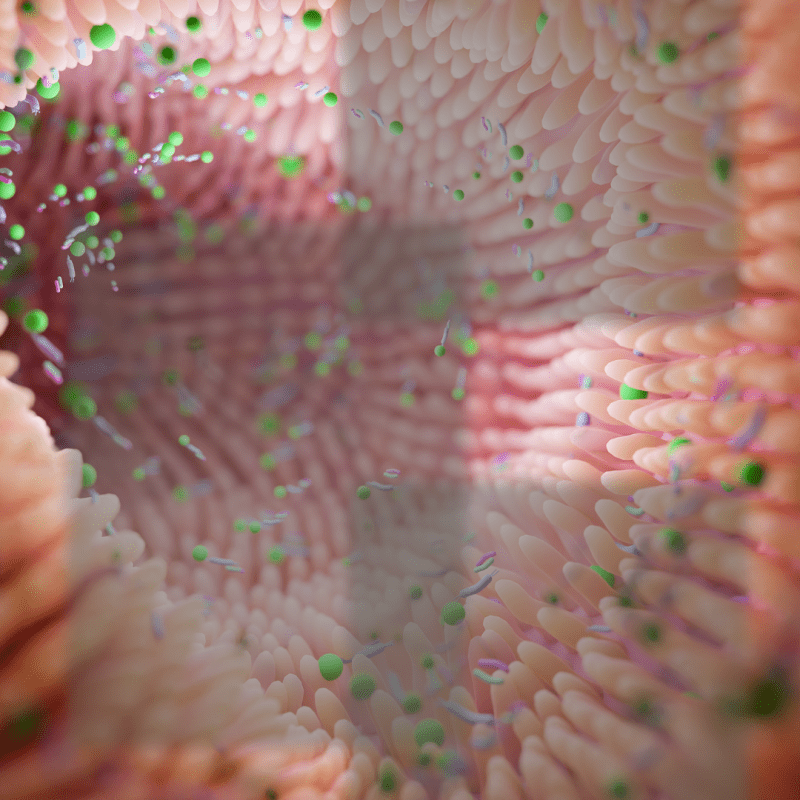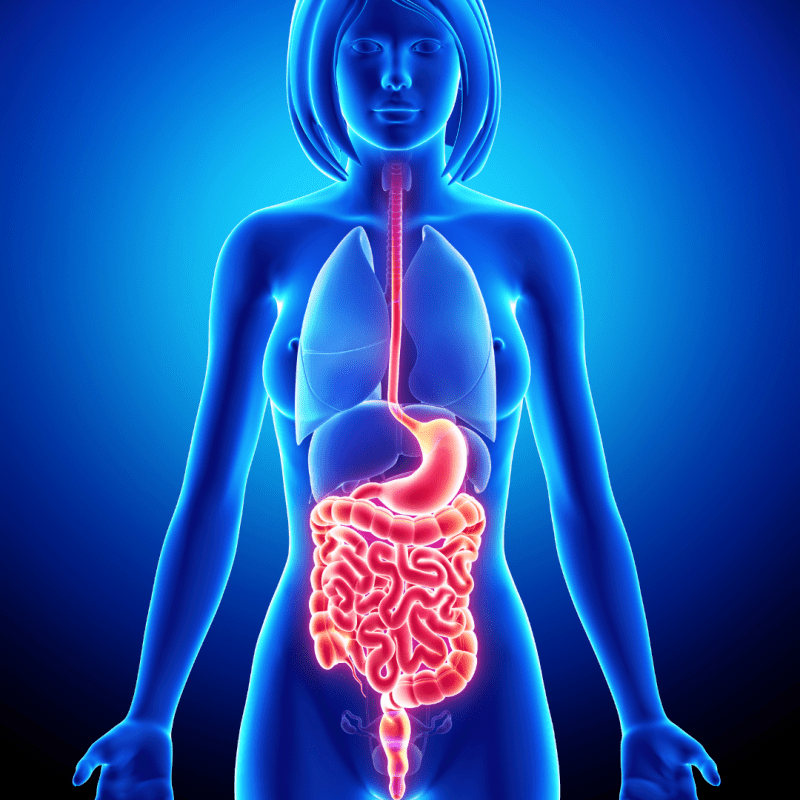

A Menopause Specialist’s Guide to the Gut Microbiome
What is the Gut Microbiome?
The gut microbiota is all the microbes that live in your gut. These include bacteria, viruses, fungi, and protozoa, with bacteria making up the greatest proportion. Did you know that there is a roughly 1:1 ratio of microbial to human cells in our bodies? The microbiome contains around 3 million genes, compared to the 20,000 in the human genome!
Your microbiome is unique to you. Think of it like a garden that changes, grows, and diversifies as long as you nurture it. You inherit your first microbes at birth, and as you grow, your diet and environmental factors continue to shape your microbiome.
What Does the Microbiome Do?
The microbiome performs essential functions, including digesting fiber, helping control blood sugar and fat, regulating appetite, and even supporting the immune system. Diversity in your microbiome is crucial—different microbes serve different purposes, and variety is key to optimal gut health.
One way to nurture a diverse microbiome is by eating a variety of plant-based foods. Try to eat 30 different plant types each week, including fruits, vegetables, grains, spices, herbs, nuts, and seeds. Yes, even a small pinch of spice counts!
What Can I Do to Help My Microbiome?
Fiber is essential for gut health. It feeds the beneficial microbes in your gut, known as prebiotics. Some foods high in prebiotics include artichokes, garlic, onions, bananas, legumes, and whole grains. A daily intake of 30 grams of fiber is recommended for adults.
Simple ways to add fiber to your diet include eating whole-wheat pasta, fruits, and vegetables. For example, an apple with the skin on provides 4 grams of fiber, while a serving of lentils offers up to 15 grams!
What Might Be Damaging My Microbiome?
Certain substances can harm your microbiome, like artificial sweeteners (found in diet drinks) and food additives in processed foods. Even medications like antibiotics and proton pump inhibitors can disrupt your gut balance.
Moreover, toxins like alcohol, cigarette smoke, and air pollution can negatively affect your gut microbes. Limiting exposure to these can help maintain a healthy microbiome.
Gut Health and Menopause
Research suggests that hormonal changes during menopause impact gut microbiome diversity. As sex hormones decrease, the microbiome becomes less diverse, often resembling that of a male gut microbiome. A healthy, diverse microbiome can also help metabolize and recycle hormones, potentially easing menopausal symptoms.
Post-menopausal women may rely on this microbial “rescue” process to maintain higher hormone levels, which could help improve menopausal symptoms.
What You Can Do Now
It’s never too late to start caring for your gut microbiome. Small changes, like increasing fiber intake and reducing processed food consumption, can make a noticeable difference within days. A healthy microbiome supports better overall health, including immune function and hormone balance.

